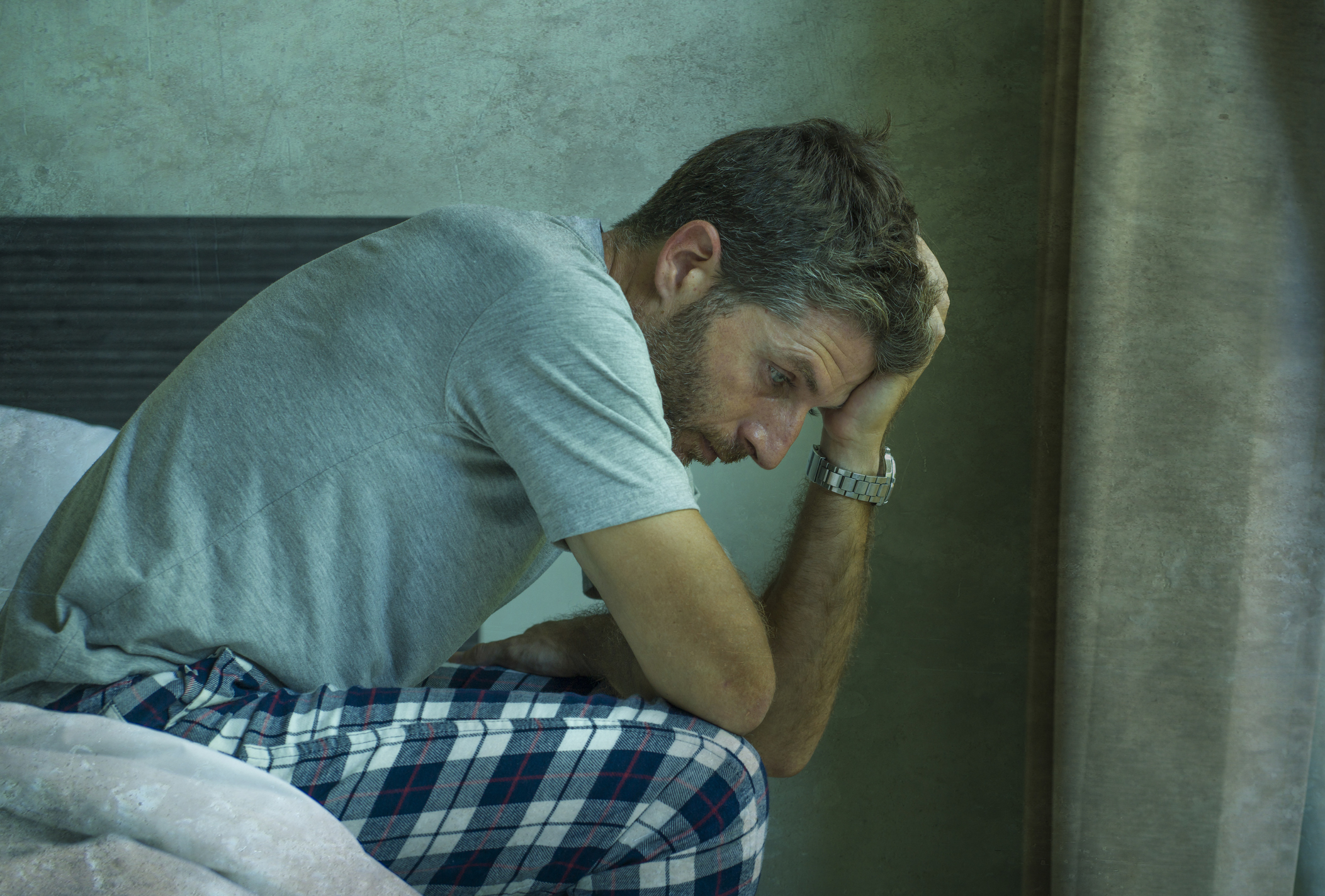

It’s the middle of the night, and you’re fast asleep. Suddenly, you wake up, jumping out of bed and rushing to the bathroom. But when you get there, you find that even though you definitely have the urge to pee, it’s really difficult to get started.
If you’re an older man, this scenario may be all too familiar. You’re experiencing what’s known as lower urinary tract symptoms (LUTS) such as weak stream and frequent nighttime urination, or nocturia.
LUTS is usually associated with benign prostatic hyperplasia (BPH), a condition in which the prostate becomes enlarged and makes it difficult to urinate or completely empty the bladder. However, age-related bladder changes, metabolic syndrome and vascular disease also can contribute to LUTS.
Moderate to severe LUTS has been linked to an increased risk of death in previous studies. But it was unclear whether improving these symptoms had any impact on that higher death risk — until now….
The danger of lower urinary tract symptoms
Researchers analyzed data on 3,046 men aged 50 or older with moderate to severe LUTS from the Medical Treatment of Prostate Symptoms trial. The participants were randomly assigned to receive active treatment with LUTS medications or an inactive placebo. Medications used in the study were the alpha-1 blocker doxazosin, the 5-alpha reductase inhibitor finasteride or a combination of the two.
During the two-year follow-up period, the researchers used the AUA Symptom Score to rate the impact of LUTS symptoms on a scale of 0 to 35. Follow-up data were used to determine the connection between reduction in urinary symptoms and death risk after an average of six years.
Results showed that for each one-point reduction in symptom score, the risk for death decreased by 4 percent. The more symptoms were reduced, the greater the reduction in death risk, with a 10-point reduction in LUTS symptoms correlating with a 35 percent decrease in death risk.
While the men assigned to all three active treatment groups showed significant reductions in mortality risk, the placebo group did not.
The researchers note that urinary symptoms are typically regarded as a “benign condition” that’s only treated when it becomes a problem for the patient.
“The findings suggest that we may need to view urinary symptoms differently, possibly with an emphasis on earlier treatment,” says lead author Dr. Blayne Welk of Western University and Lawson Health Research Institute in Canada.
The researchers stress that the study cannot determine a causal relationship between improved LUTS symptoms and subsequent death risk and that further study is needed. They also observe that the study did not evaluate the impact of other treatment options, including newer types of selective alpha blockers.
Natural ways to keep your prostate healthy
If you decide to ask your doctor about medication for LUTS or BPH, you should know that studies have linked 5-alpha reductase inhibitors like finasteride with an elevated risk of diabetes. Your doctor will want to consider your health history before choosing that path.
There are other medications but they too have side effects to be weighed. For those reasons, some men choose a natural approach.
For instance, diet can influence prostate health. Some foods should be avoided, while other foods may help shrink the prostate. Research shows that a diet rich in whole fruits, vegetables and healthy fats (sounds like the Mediterranean diet!) can improve prostate health and BPH.
Several supplements have a reputation for relieving LUTS as well, most notably saw palmetto. Studies have confirmed the effectiveness of saw palmetto in promoting prostate health, relieving the excessive need to urinate (especially at night) and enhancing urinary flow. Others include pygeum, stinging nettle and beta-sitosterol.
Consider drinking green and black tea regularly (but avoid drinking anything close to bedtime). A study conducted by researchers at Winthrop University Hospital in Garden City, New York, evaluated the impact of green and black tea on a small group of men (46) with LUTS. The men who had taken the tea mixture showed an improvement in LUTS (including improved urinary flow and reduced inflammation) and quality of life in as little as six weeks when compared with placebo.
And last but not least, regular exercise is also important for keeping your prostate healthy. The more active you are, the lower your risk of BPH or prostate problems.
Sources: For older men, treating urinary symptoms may lead to lower mortality risk — EurekAlert!
The Reduction of Male Lower Urinary Tract Symptoms Is Associated With a Decreased Risk of Death — The Journal of Urology

